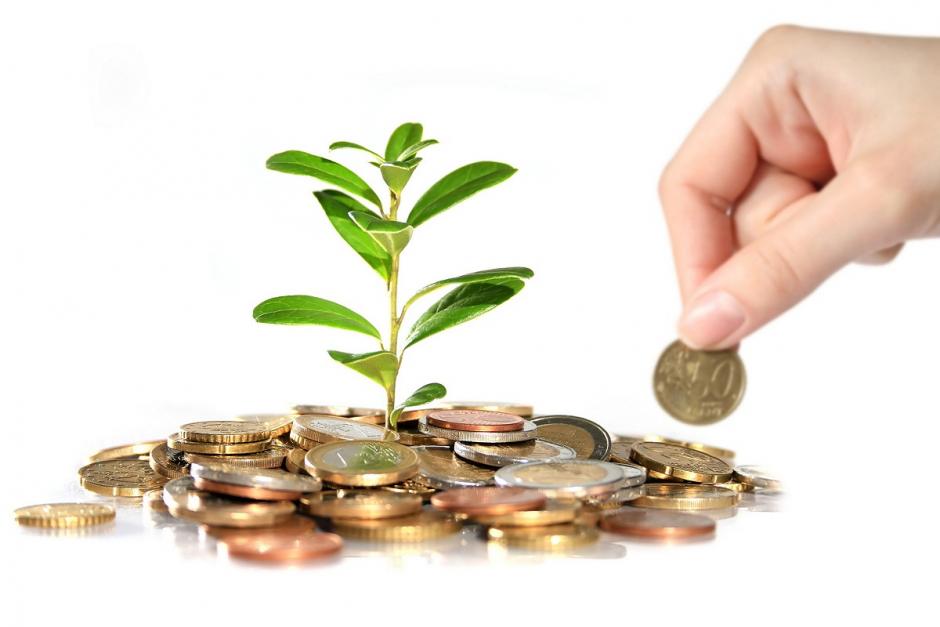
Tax reform has passed into law. Tax reform favors investment. It favors dividends.
The new tax law ensures corporations will keep more money after taxes. Consider the three provisions of the new law that most affect income investors.
First, the top corporate income tax rate shrinks to 21% from 35%. Less tax finagling and fewer tax-driven machinations are required to ensure a lower tax bill going forward.
With the lower marginal-income-tax rate, more earnings will funnel into the cash account. More cash on hand will drive more investment – cash-generating investment. More cash on hand, and more cash flow, will drive more dividend payments.
Taxes on foreign earnings are another plus. The new tax law opens the door for corporations to repatriate billions — hundreds of billions — of dollars. The dollars are stored in foreign accounts to avoid paying formerly high corporate-income taxes.
But repatriate or not, corporations no longer have a choice. The new tax law mandates everyone pay a repatriation tax rate of 15.5% on cash and liquid assets and 8% on illiquid assets on everything foreign. The tax must be paid whether the assets are repatriated or not.
If you must pay, why not bring the money home? A lot of money could be coming home.
Apple (NASDAQ: AAPL), Alphabet (NASDAQ: GOOGL) and Microsoft (NASDAQ: MSFT) alone sit atop a mountain of foreign cash. Their aggregated cash accounts approach $500 billion.
When commentary turns to foreign cash and repatriation, the commentary centers on Apple, and for good reason: Apple finished last year with $252 billion in foreign cash and investments. The new tax law motivates Apple to move a mountain of cash to the United States.
Moving the mountain is one thing; investing what’s been moved is another. Apple will find it impossible to invest all its repatriated cash to generate returns commensurate with investment risk. Much of Apple’s repatriated cash will be returned to shareholders.
UBS estimates that Apple could purchase as much as 25% of its outstanding shares over the next three years. Combined with Apple’s existing spending on buybacks, it could purchase $173 billion of its stock over the next three years.
Apple Special Dividend: A No-Brainer
With Apple shares trading at a record high and with the P/E multiple approaching 19, the buyback directive is less appealing. I expect Apple to direct fewer dollars toward buybacks than UBS expects and direct more money toward 2018 dividends.
An Apple special dividend would be a no-brainer. It wouldn’t commit Apple to large, continual dividend increases. A special dividend would clear away idle cash, thus ensuring high returns on invested capital.
The new tax law benefits extend beyond Apple, Alphabet, Microsoft, and the other large cap-tech companies with large foreign cash accounts. Many other corporations — smaller and less promoted in the financial press — will benefit from the new tax law.
2018 Dividends From Under the Radar
The more obscure foreign cash hoarders could offer the most profitable 2018 dividend investments. They fly under the radar. The best investment opportunities reside in what’s less known, as opposed to what’s common knowledge.
The new law handicaps debt financing relative to equity (stock) financing. This provision in the law — overlooked by many — further enhances the appeal of dividend-paying stocks.
The handicap resides in deductibility. The new tax law limits the deductibility of “net business interest expense.” The new limit is 30% of earnings before interest, taxes, depreciation, and amortization (EBITDA) for taxable years 2018 through 2021.
The interest expense limitation increases the after-tax cost of debt financing and will shift the capital structure of many companies toward to other forms of capital financing. Debt financing is now relatively more expensive compared to equity financing.
So, what does this mean for the income investor?
More companies will be motivated to issue equity (stock) to finance operations. To minimize financing costs, many companies will need to issue income-producing equity — dividend-paying stocks — because so many investors demand and will pay for income.
2018 dividends could hit a record. I expect 2018 to be a record year for dividends. We’re investing accordingly. Are you?
SOURCE: http://www.wyattresearch.com/article/2018-dividends-why-record-year-for-dividends/



